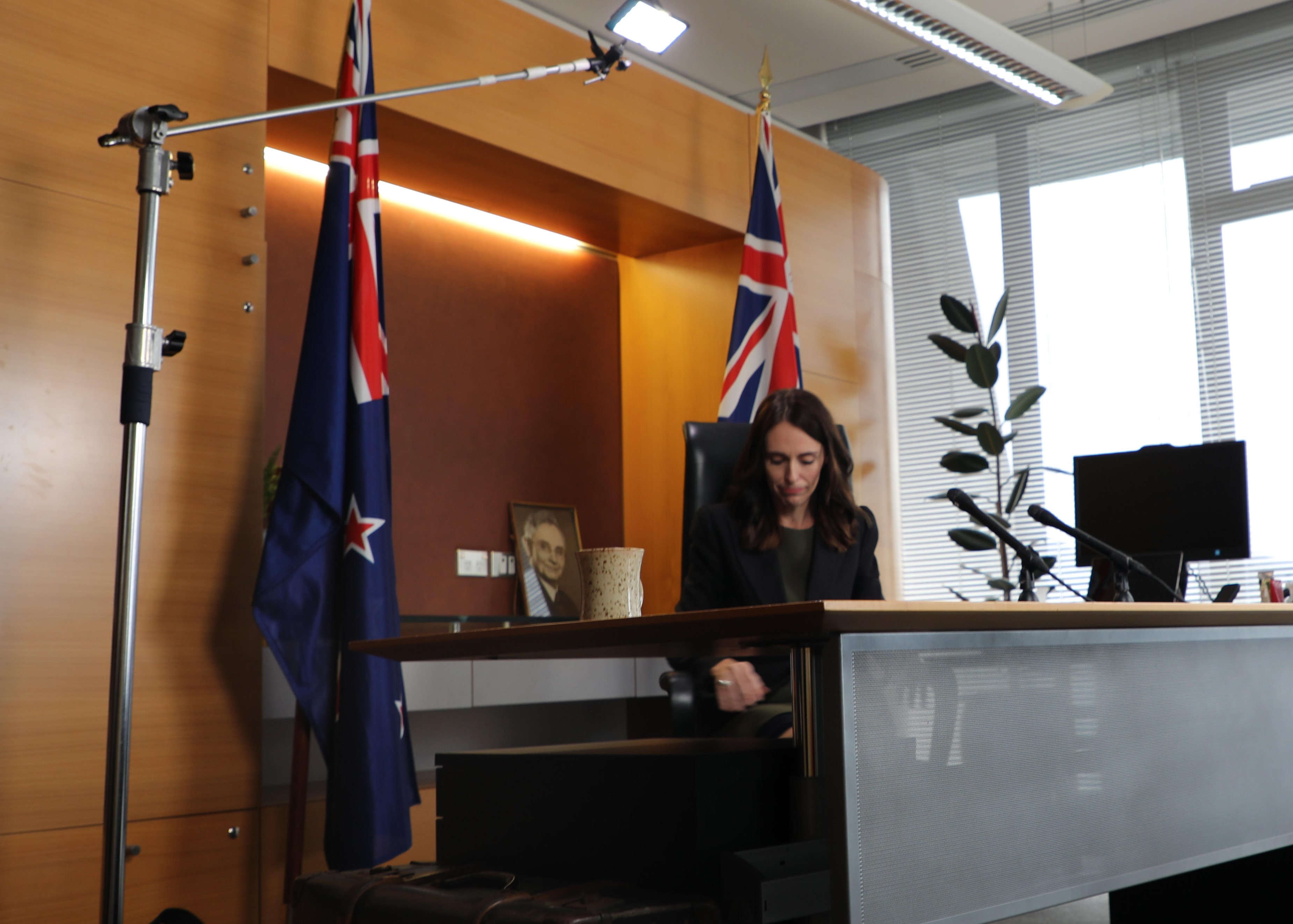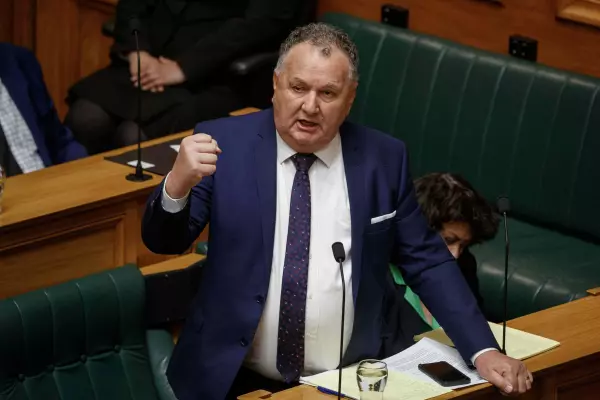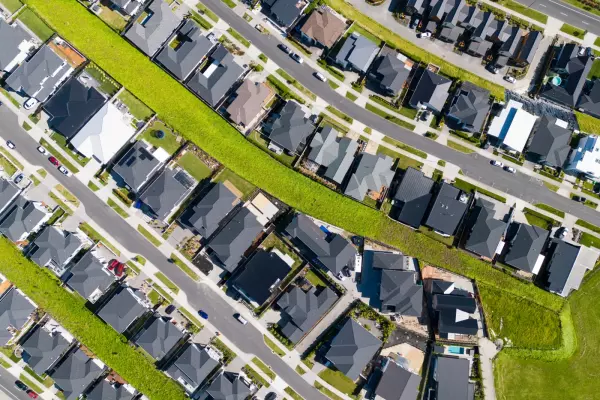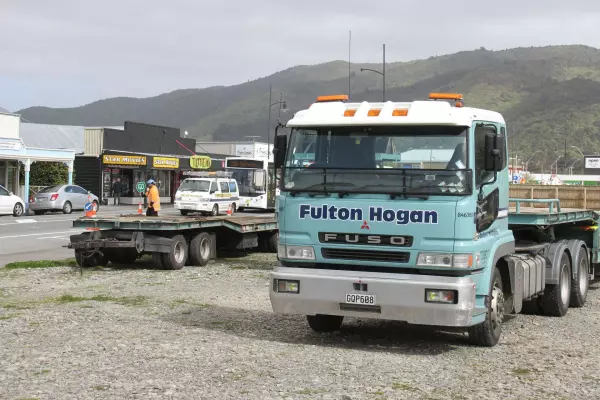The government is asking all businesses that can operate without opening their offices to do so from today and to expect potentially rapid changes in the alert status applying to both their own region and to the country as a whole.
In a rare televised 'address to the nation' at noon today, followed by a press conference, Prime Minister Jacinda Ardern put the country at Alert Level 2, triggering a call for people to work from home, avoid non-essential travel, and avoid social contact.
For now, schools remain open.
Alert system
The four stage alert system is as follows:
- Level 1: Prepare. Used while there is sporadic reporting of imported cases or isolated household transmissions associated with imported cases. That was the level in place until today, when two cases of the covid-19 virus were found in Auckland and the Wairarapa, with no apparent connection to international travel and the national tally rose to 52;
- Level 2: the current level. Reduce Contact. Disease contained but risk of community transmission growing, including evidence of "single or isolated cluster outbreak." At this level, expect:
- entry border measures maximised
- further restrictions on mass gatherings
- physical distancing on public transport, eg, leave adjacent seats empty
- limit non-essential travel
- implement alternative working styles, including remote working, shifts, physical distancing in the workplace, staggered meal breaks, flexible leave;
- business continuity plans activated;
- high risk individuals stay home (over 70 or with existing medical conditions);
- Level 3: Heightened risk the disease is not contained. Community transmission occurring or multiple clusters break out. Actions required:
- limit travel in outbreak areas
- close affected educational facilities
- mass gatherings cancelled
- public venues closed
- alternative ways of working required; some businesses should close
- no face-to-face doctors' visits
- deferral of non-elective surgery as health workforce reprioritises
- Level 4: Likely that the disease is not contained. Sustained and intensive transmission with widespread outbreaks. Actions required:
- people are instructed to stay home
- schools and other educational facilities close
- businesses other than essential services and lifeline utilities (power, telecommunications, water) close
- rationing of supplies and requisitioning of facilities for treatment
- travel severely limited
- majority reprioritisation of the health service
Shop normally
With the country's supermarkets under enormous strain from panic buying, Ardern also assured New Zealanders that they will still be able to shop for food and that buying normally would make it easier for supermarkets to meet demand and restock shelves.
Countdown supermarkets have had to reduce their hours to permit shelves to be re-stocked after a rush on supplies around the country as the potential for an epidemic of the covid-19 virus turns from potential to more imminent threat.
Ardern also warned that notifications of a change in alert level could come quickly and be specific to a town, area or region rather than the whole country.
"This will be with us for some time," she said. "So we have to make sure when we move that we are able to sustain our response. This will not leave in weeks. It will be here for some time."
Some critics
In her statement to the nation, she said the government's approach was to "go hard and go early", although some public health critics believe the country should be heading to level 4-style restrictions, which would see the entire country sent home for up to four weeks to allow cases that emerge to be isolated, contacts with those people tested, and that this would be the most effective way to ensure the virus does not move to the community transmission phase.
Level 4 restrictions will only be implemented after the community transmission phase on the government's current plans.
Ardern said the alert system was essential to give people a clear view and time to prepare for what might be necessary to combat the virus, which has spread widely around the globe and so far claimed 11,383 lives globally and is demonstrating a death rate significantly higher than common influenza, which remains a more widespread illness.
Rapidly changing
“The international situation is changing rapidly and we need to clearly sign-post the changes New Zealanders will be asked to make as we step up our efforts to limit the spread of the virus. The alert system means people can see and plan for the kinds of restrictions we may be required to put in place, which may be required rapidly.
“Based on expert medical advice and international evidence I am moving New Zealand to Alert Level 2, Reduce Contact. This will have a significant disruption on how we go about our daily lives, but it is necessary to protect lives," the Prime Minister said.















